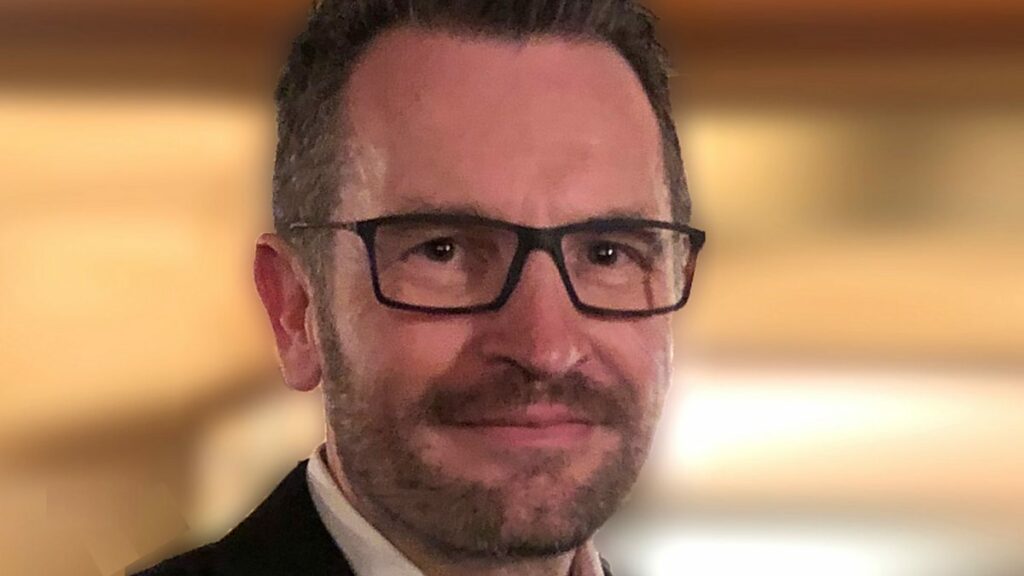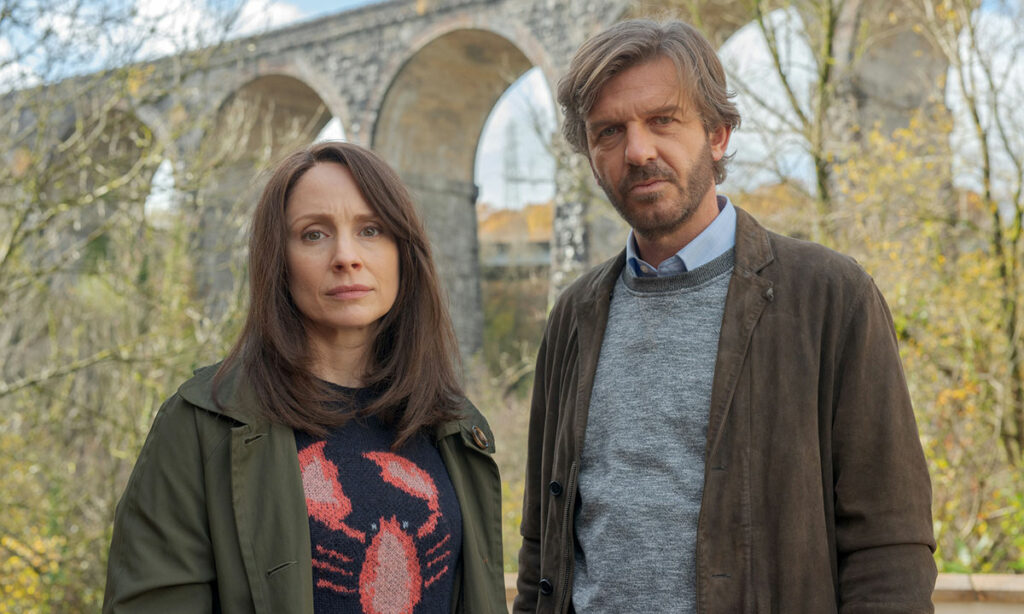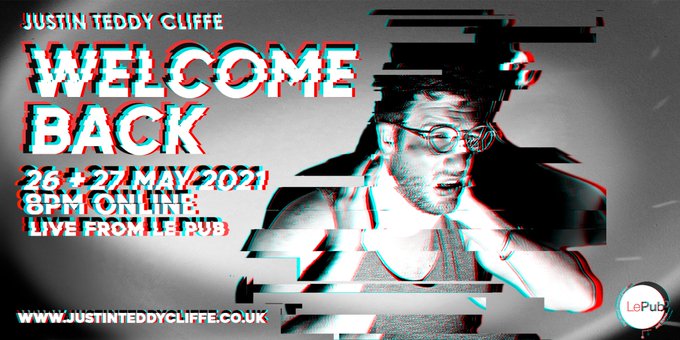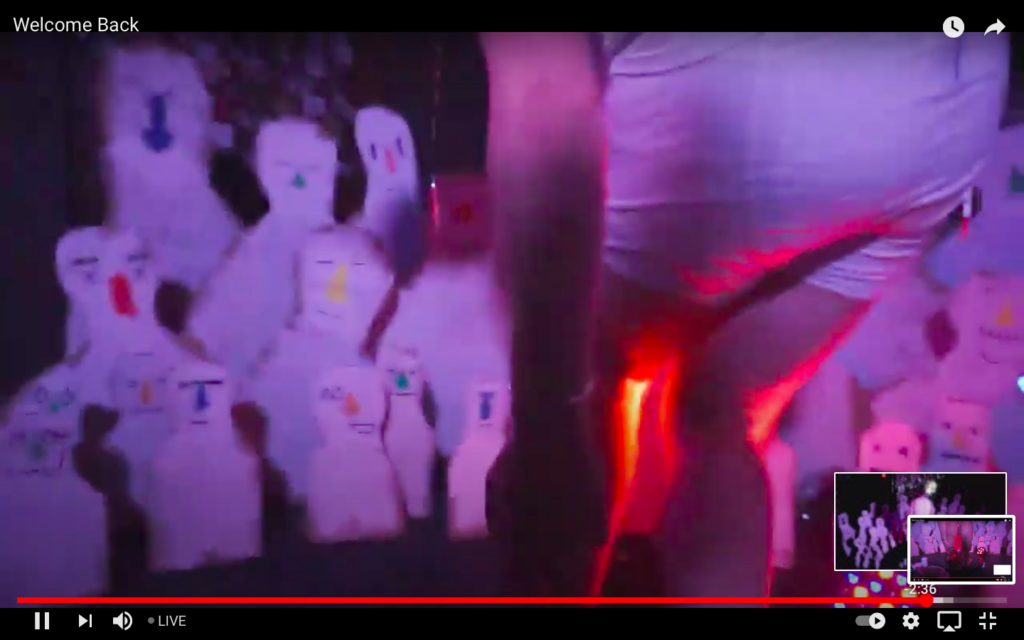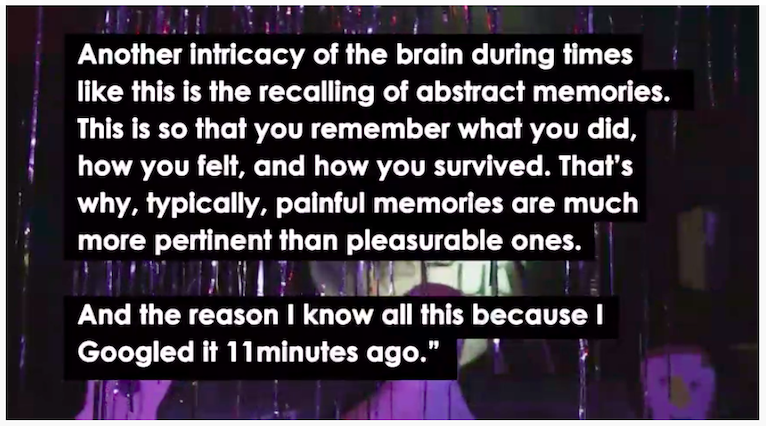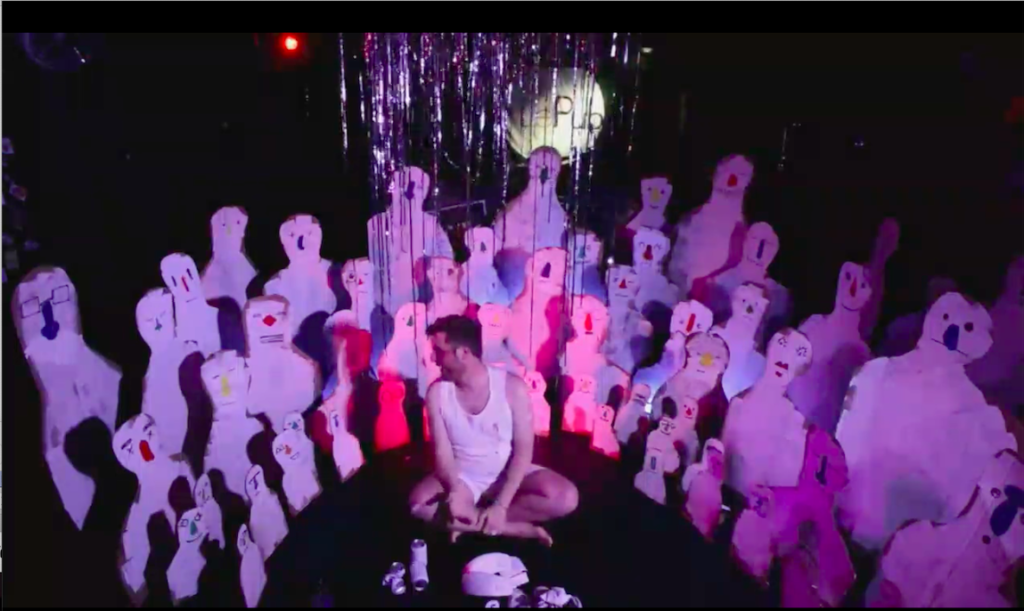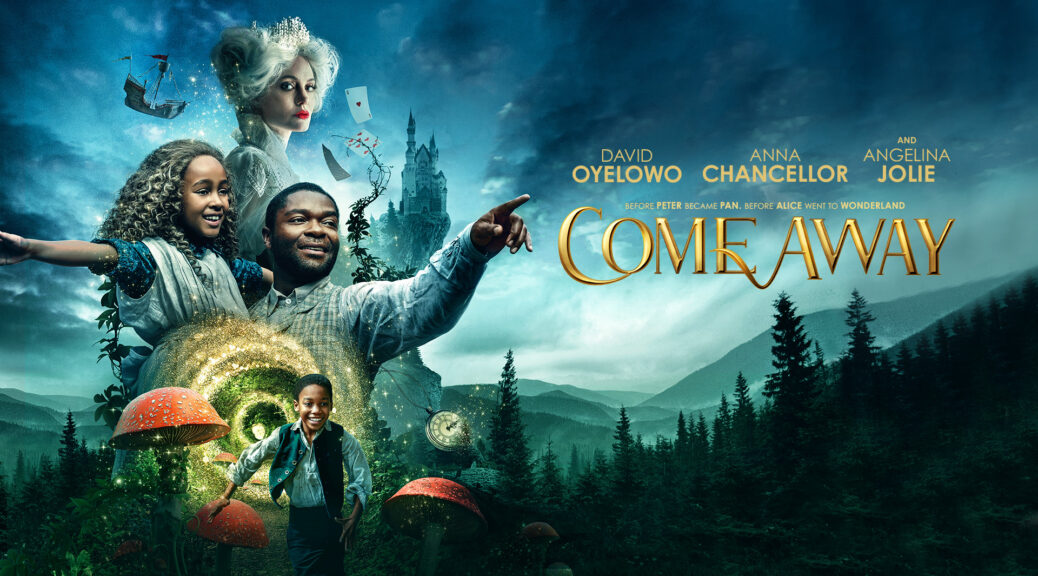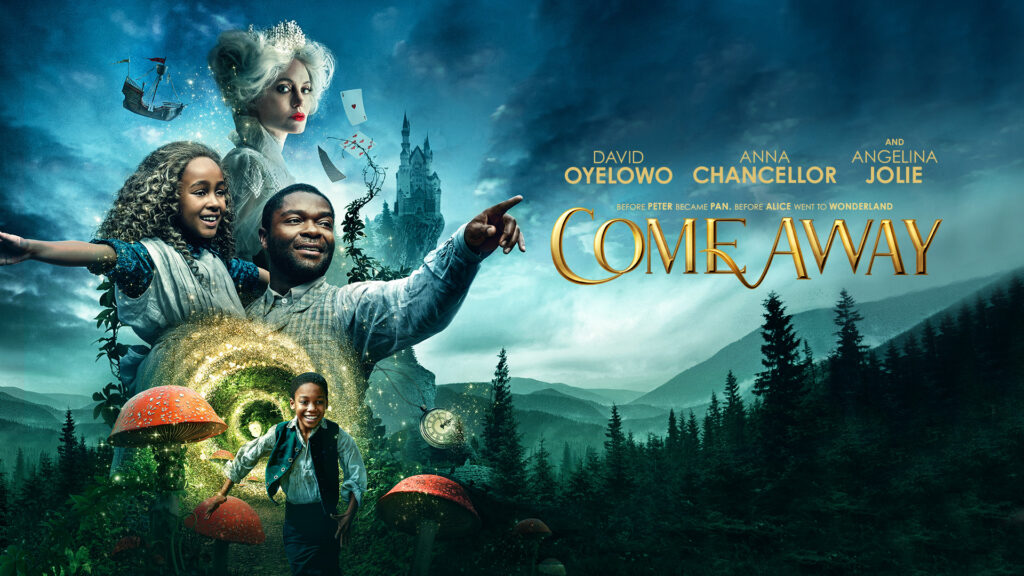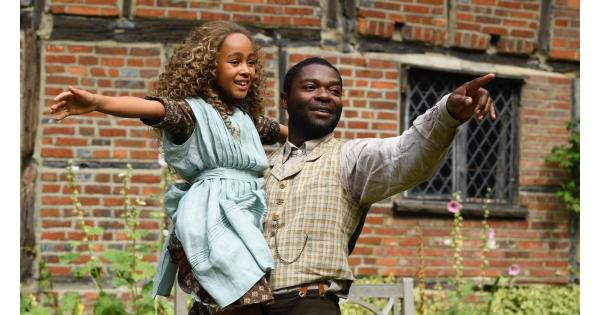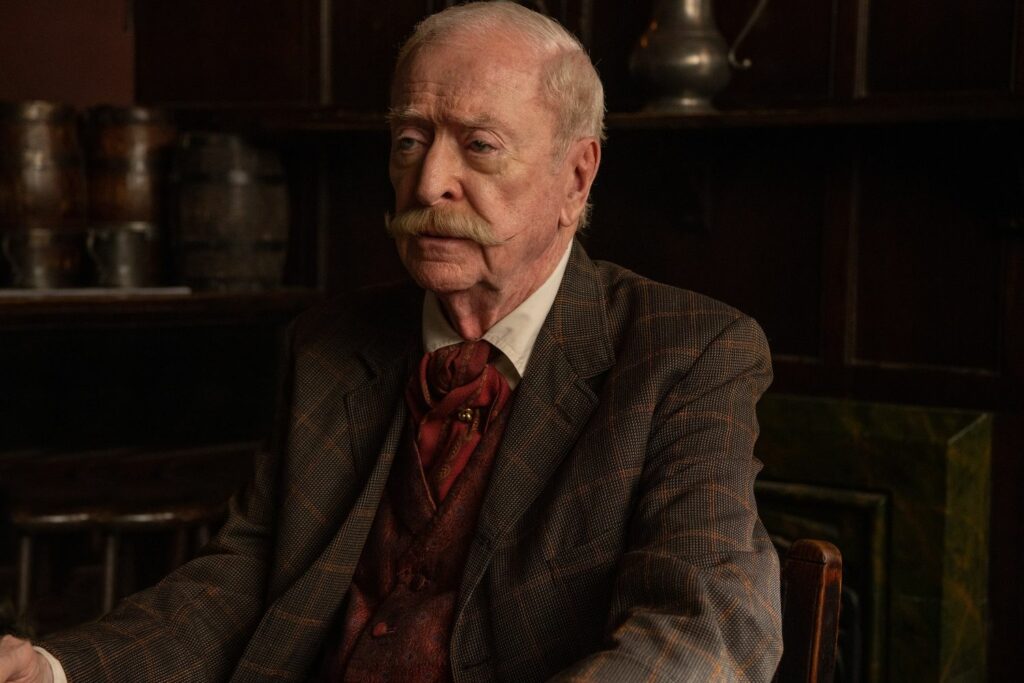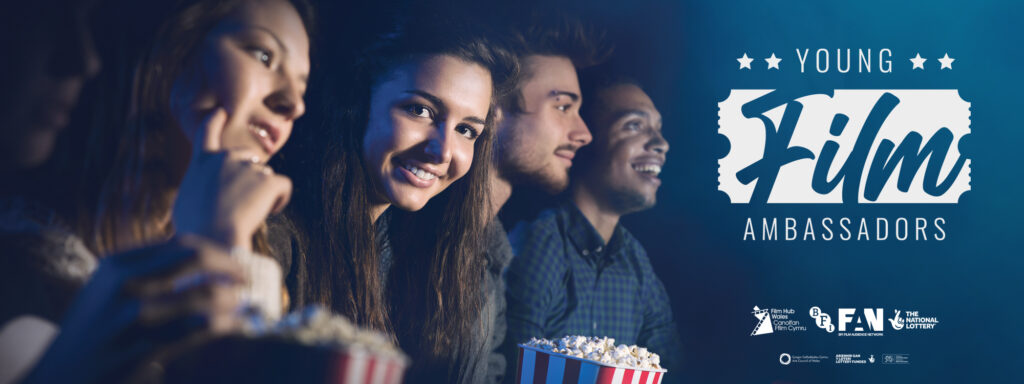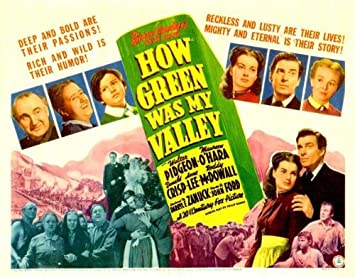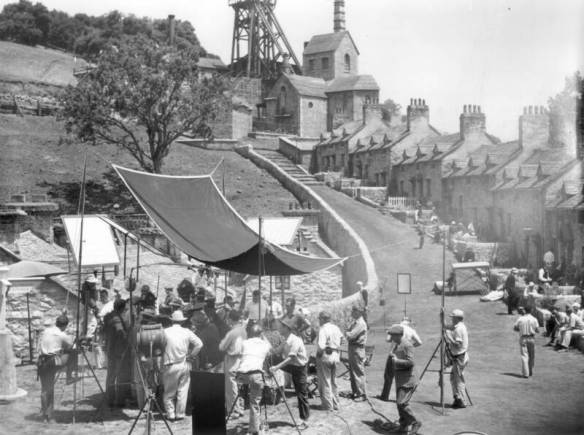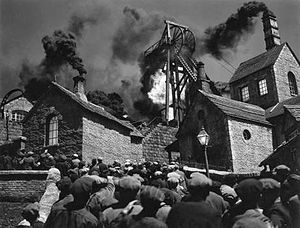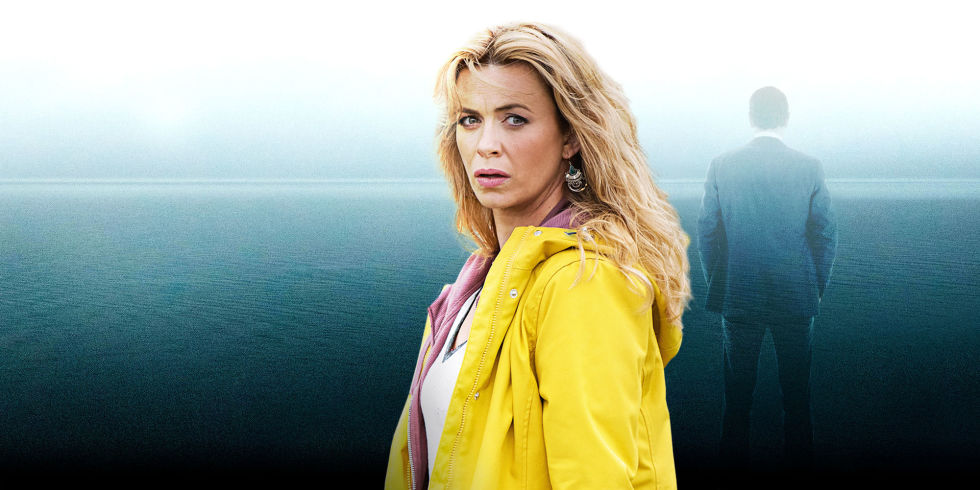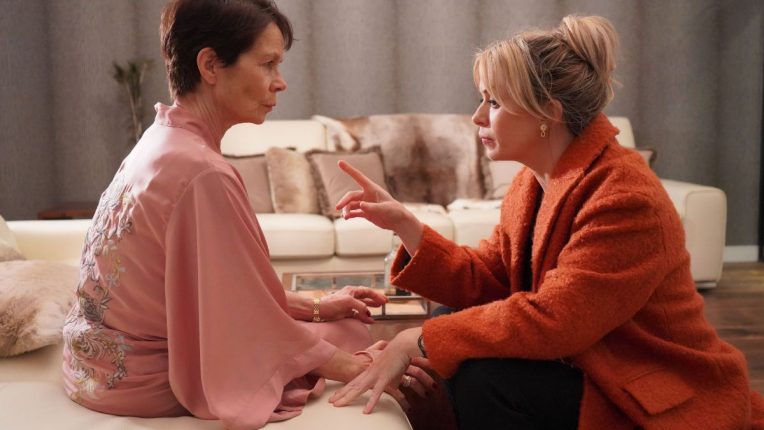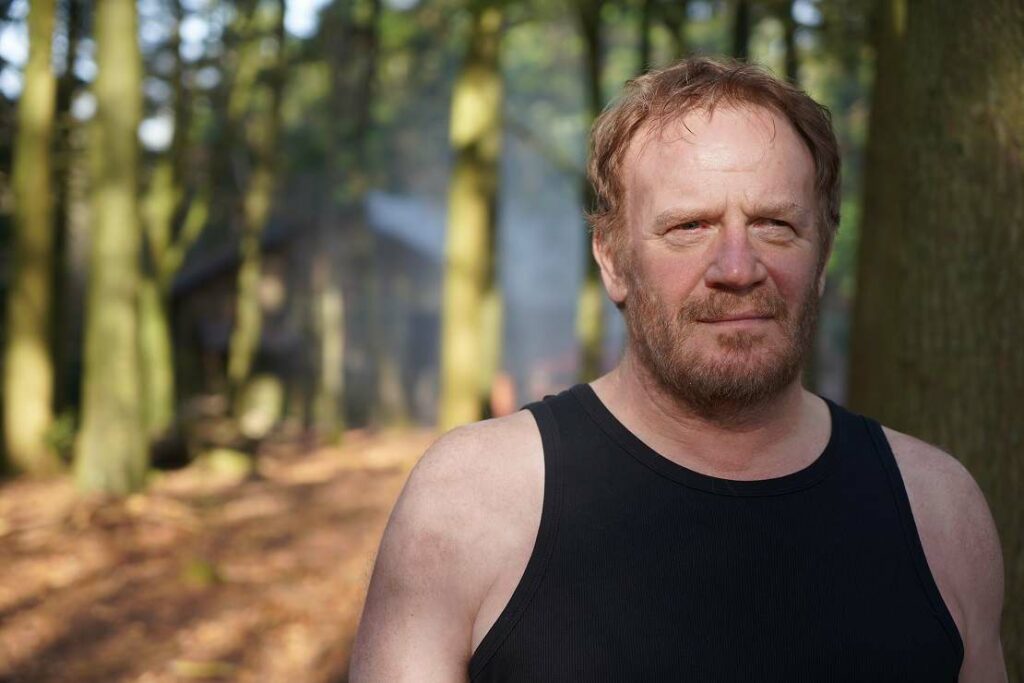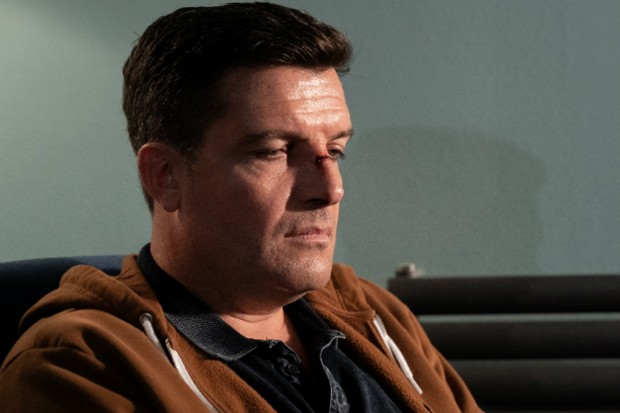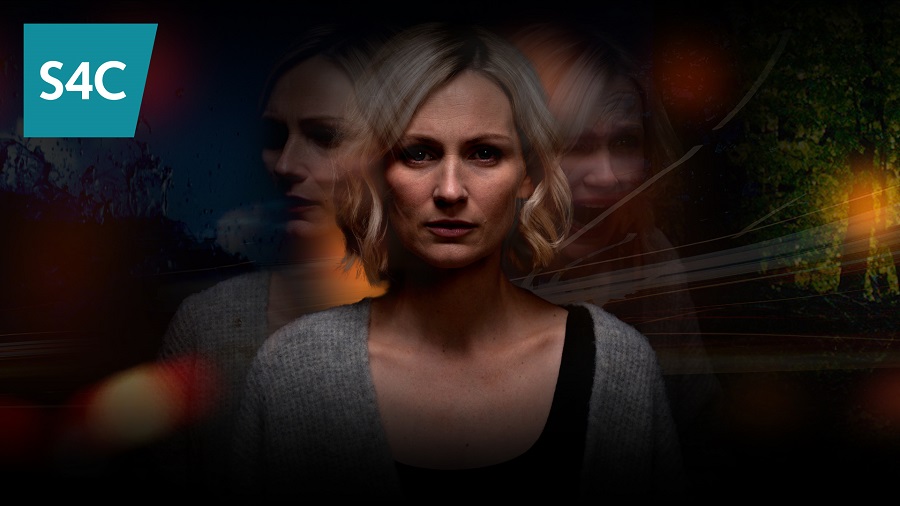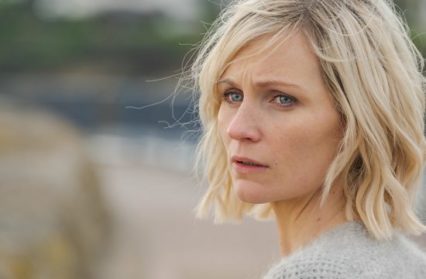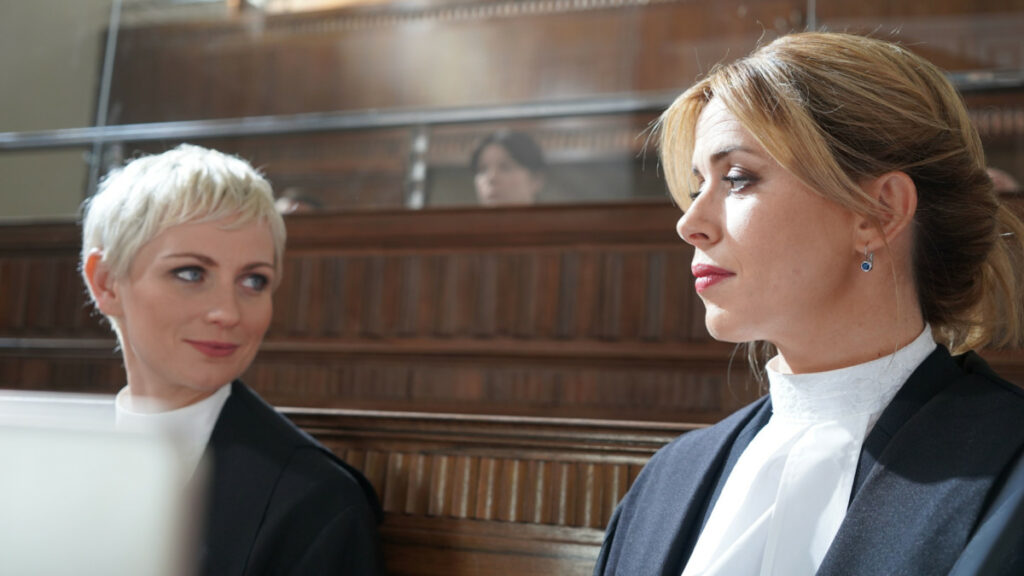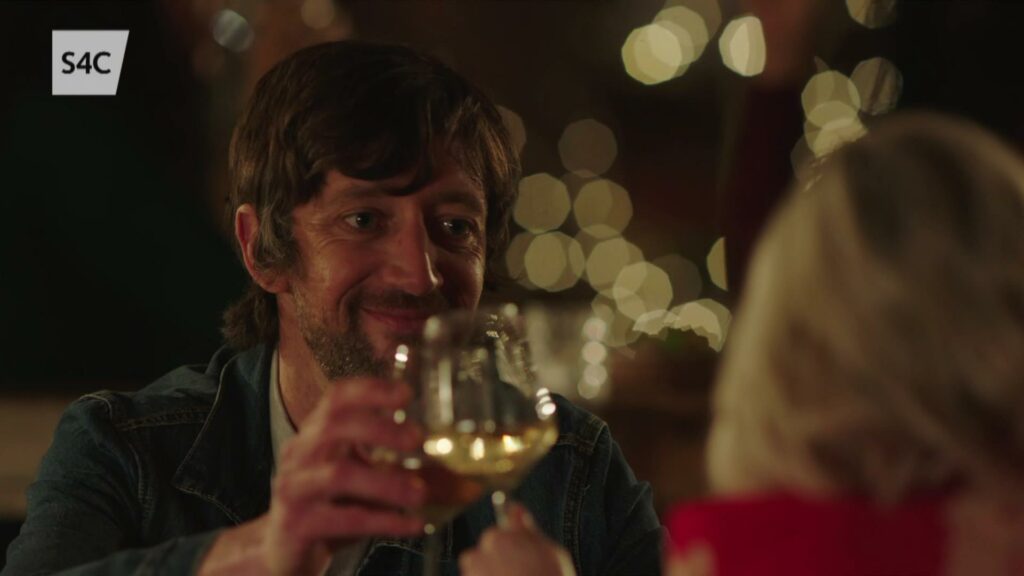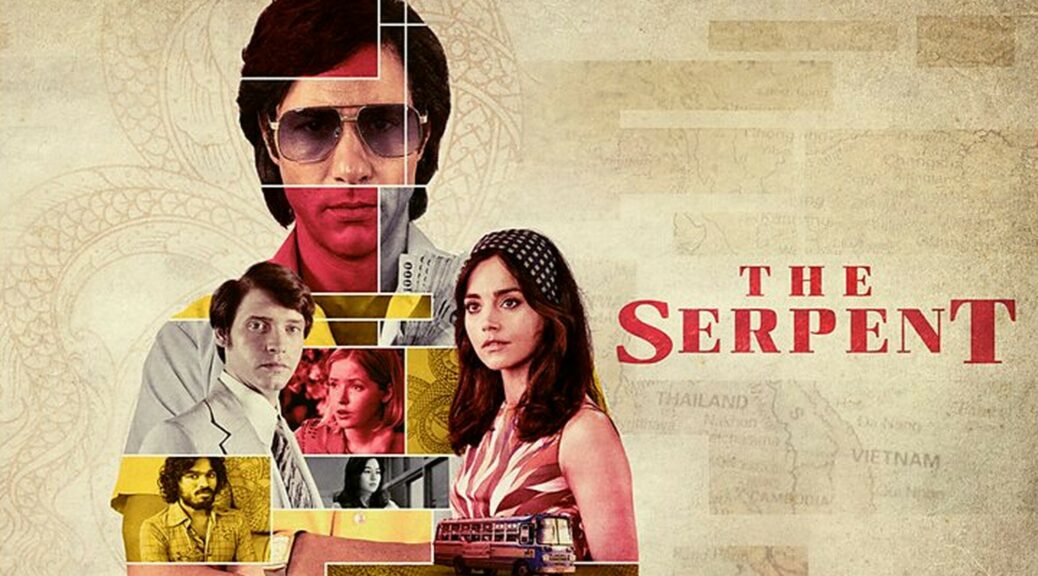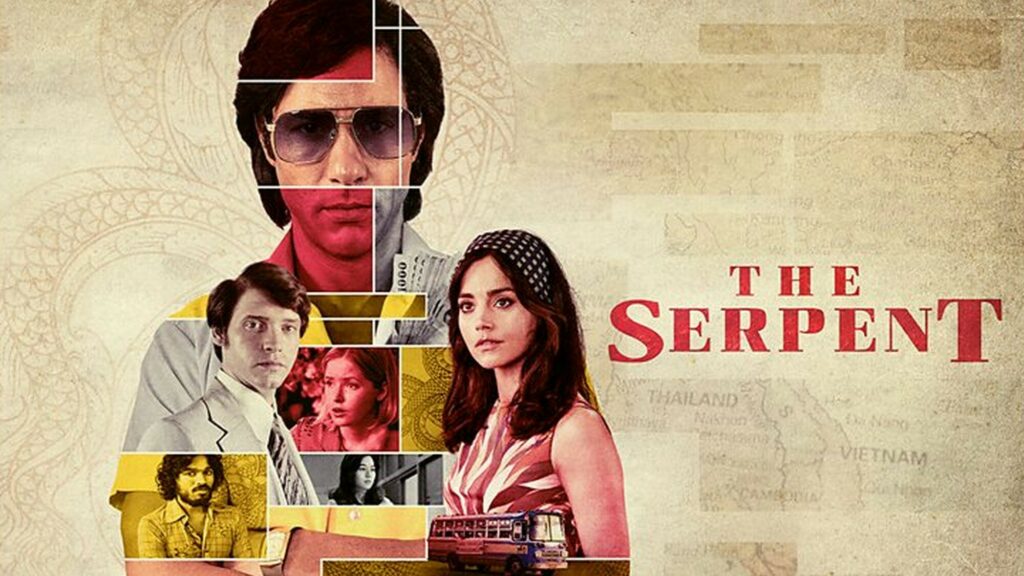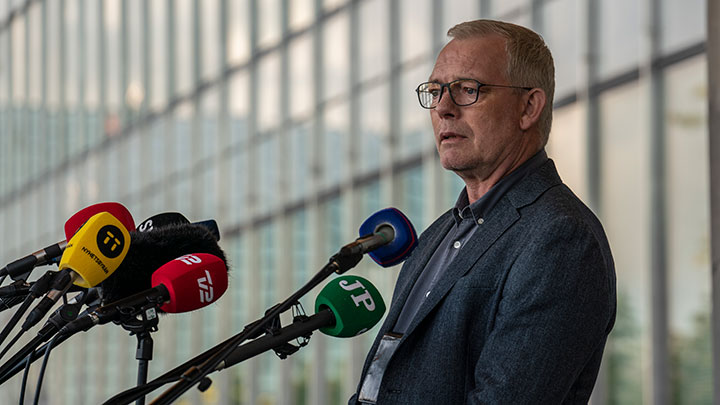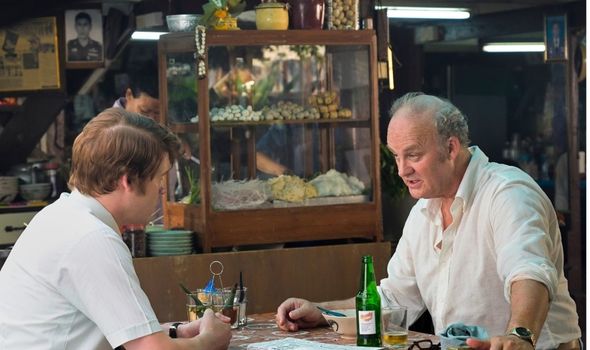Living in lockdown after lockdown has facilitated more binge-watching than ever before, and a lot of us have taken the chance to catch up on shows we missed the first time round. I’ve finally caught up on Fringe, Red Dwarf, and Life on Mars/Ashes to Ashes. I’ve rewatched more of the Stargate franchise than is healthy and puzzled my way through Neon Genesis Evangelion. But two of my personal lockdown favourites, Spirited and Starlings, happen to have something (or, rather, someone) in common: and that’s Matt King.
King is known to many as Peep Show’s lovable crack addict Super Hans, but I first knew him as charming grifter Cookie in Guy Ritchie’s RocknRolla, in which he effortlessly stole scenes from the likes of Gerard Butler, Idris Elba, and Tom Hardy. While he’s perhaps best known for playing wide boys and weirdos onscreen (to great effect!), he’s also a dab hand behind the camera, having co-written and produced series like sketch comedy Dogface, acerbic sitcom Whites, and the subject of this review, Sky 1’s family dramedy Starlings.
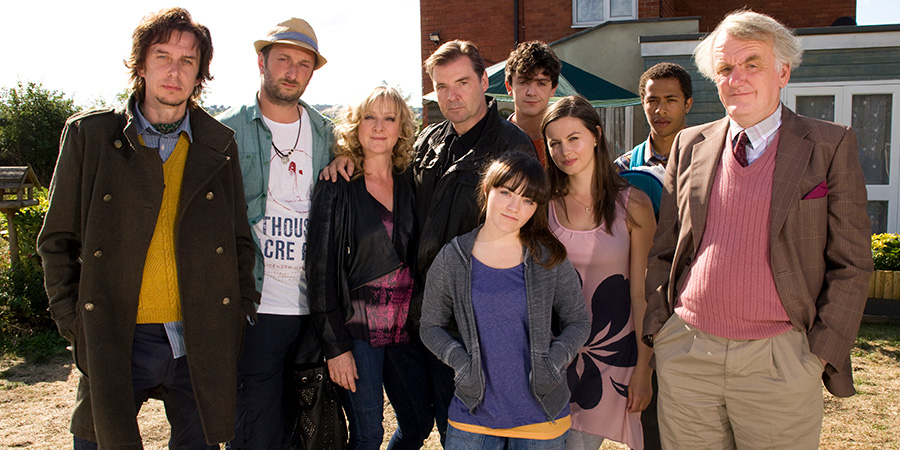
Written by King and Steve Edge (who also star) and produced by Steve Coogan, the series follows four generations of the lovable and slightly chaotic Starlings, an everyday working-class family who all live under one roof. At its heart is happily married couple Terry (Brendan Coyle) and Jan (Lesley Sharp), and their three children: eldest daughter Bell (Rebecca Night), separated from her boyfriend Reuben (Ukweli Roach) on the eve of giving birth to their son; Gravy (John Dagleish), the layabout son with a penchant for reptiles; and Charlie (Finn Atkins), teenage football hopeful and seemingly the only person in the family who’s got it together. Add in Jan’s jack-of-all-trades nephew Fergie (Edge), eccentric Granddad Billy (Alan Williams), and Billy’s long-lost son, Loz (King), and the Starlings’ detached red-brick house is getting rather cramped by the end of the pilot.
Set in Matlock, Derbyshire under perpetually blue skies, the world of Starlings is beautiful to look at and to live in. King and Edge set out to make a comedy drama without the caricatures you’d find in your common garden soap opera, and they succeeded: while its contemporaries wring laughs from families falling over, falling out, or downright falling apart, Starlings is about people who both love and genuinely like each other – even when they get on each other’s nerves. There’s not a weak link in the cast, and their rapport feels natural and lived-in. Honest, gentle, and understated, Starlings delights in the everyday. It doesn’t just give you a window into family life – it makes you feel part of that family.
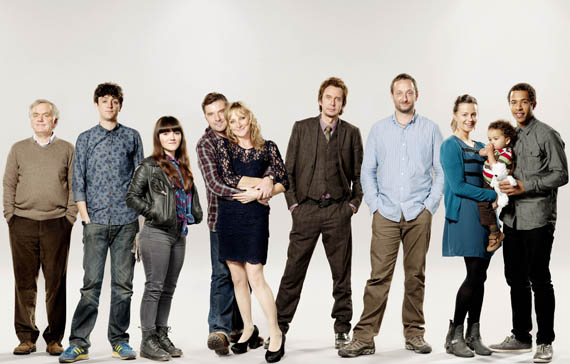
In doing so, it manages a deceptively tricky balance: it’s warm and genuine without being twee, funny without being farcical, snarky without being mean-spirited. It has an eye for detail and the small, quietly meaningful moments of life that other series tend to trample on or overlook entirely. It thoughtfully subverts toxic masculinity and crafts characters you relish spending time with. It’s also very refreshing to have a series where people are not just happy, but profoundly relieved, to be able to go home to their loved ones at the end of the day. In the Starlings’ world, family is sanctuary.
On an aesthetic level, Starlings is ideal summertime viewing. In many ways a modern pastoral, the series immerses you in a bucolic fever dream of British rural/town life that is still rarely seen on screen. Watch it in the winter, and you can feel the balmy breeze rustling through the trees of the Starling homestead; see it in the summer, and you can sense its warmth spilling over the edges of the screen. It was clearly a joy to make, and that affection is apparent in every frame – no wonder it attracted the likes of Dolly Wells, Cherie Lunghi, Vincent Regan, and Una Stubbs to guest star.
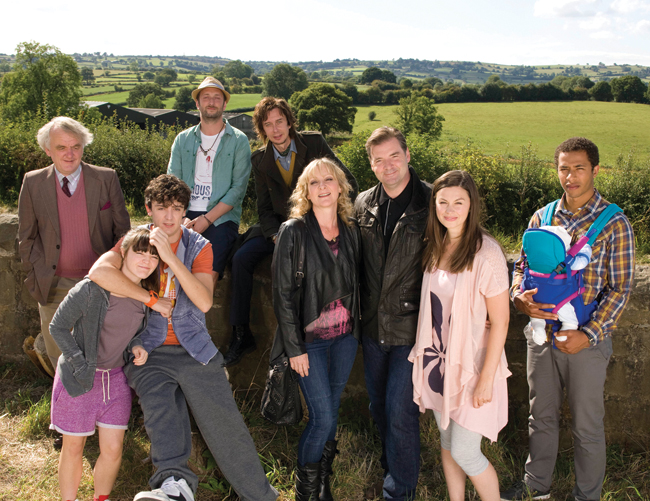
As I wrote about the dearly departed Spirited, discovering a gem of a show years after it’s ended is something of a double-edged sword. On the one hand, there’s the injustice of it being taken before its time, the realisation that there is a finite amount of the thing you love; a story unresolved. On the other, it’s like happening upon buried treasure; a rare jewel you never even knew existed and now couldn’t bear to be without. The appeal of unthreatening mediocrity means that countless copy-paste procedurals run ad infinitum and gems like Starlings get struck down in their prime. I wish it could have gone for longer. I wish it would come back. But whatever its fate, I’m grateful it exists in the world. It takes a little time to worm its way into your heart, but once it does, the Starlings come home to roost – for good.
Starlings is streaming on iTunes, Apple TV, Google Play and Amazon Prime Video.
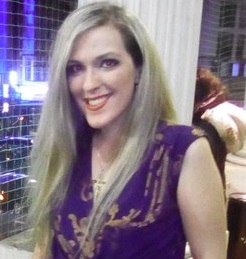
Get the Chance supports volunteer critics like Barbara to access a world of cultural provision. We receive no ongoing, external funding. If you can support our work please donate here thanks.

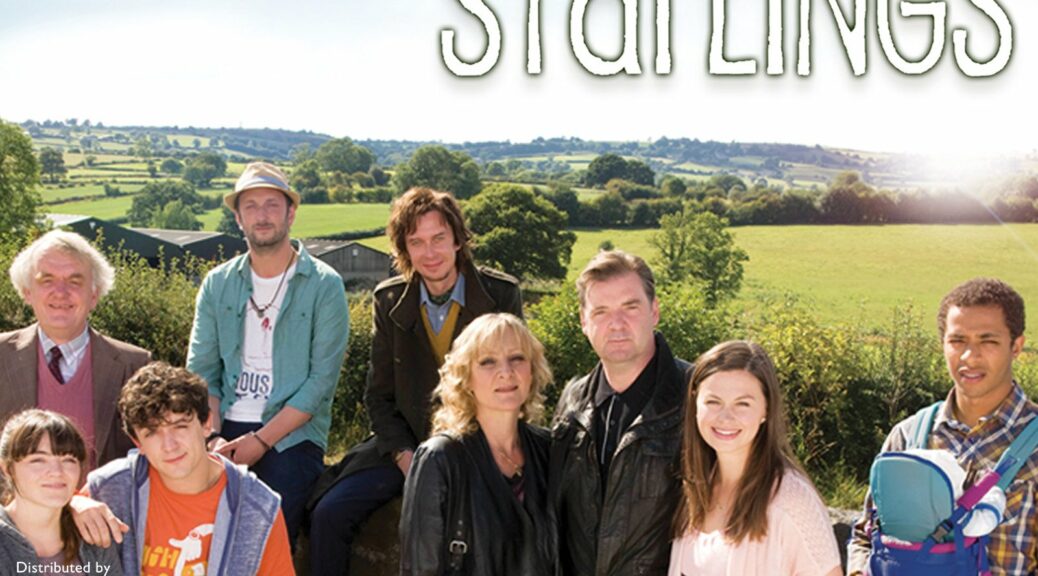

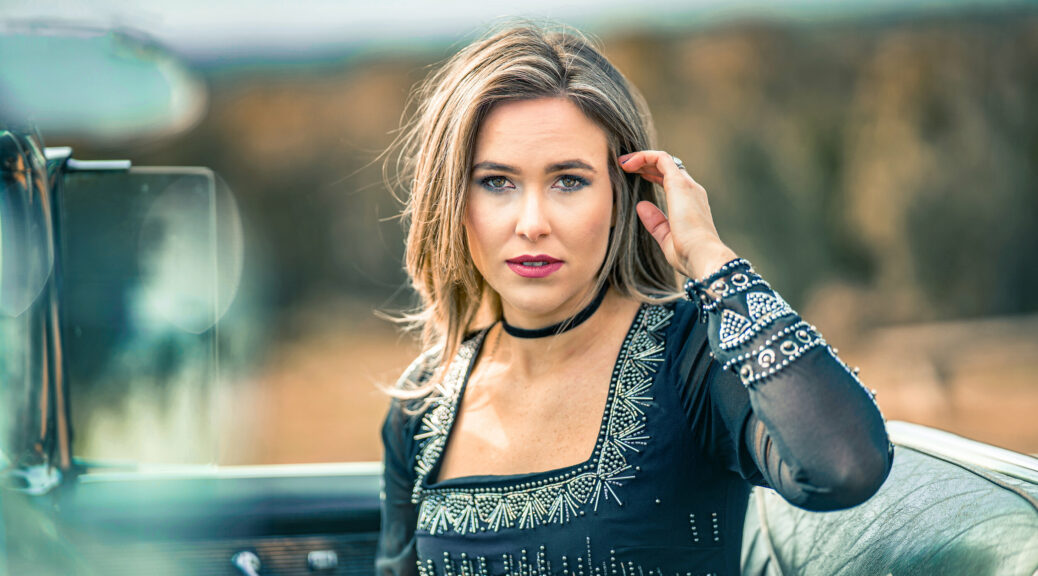
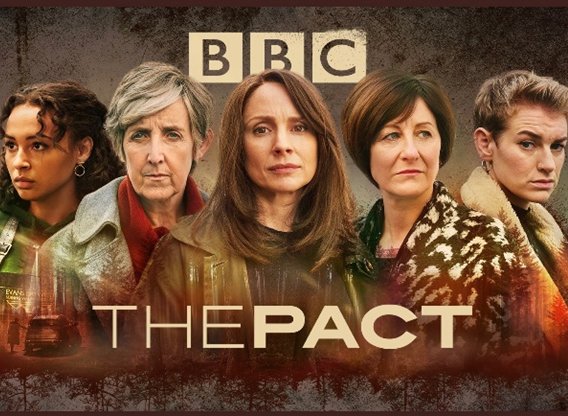
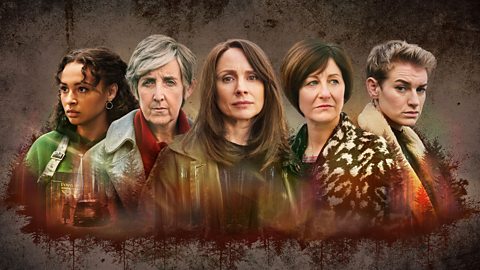
 (4 / 5)
(4 / 5)